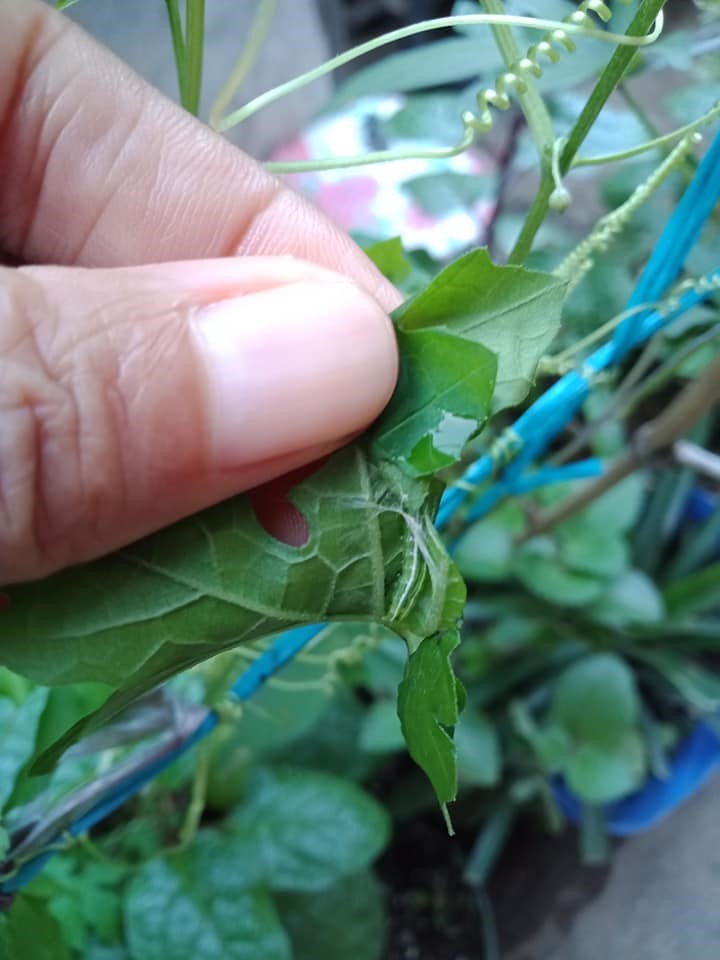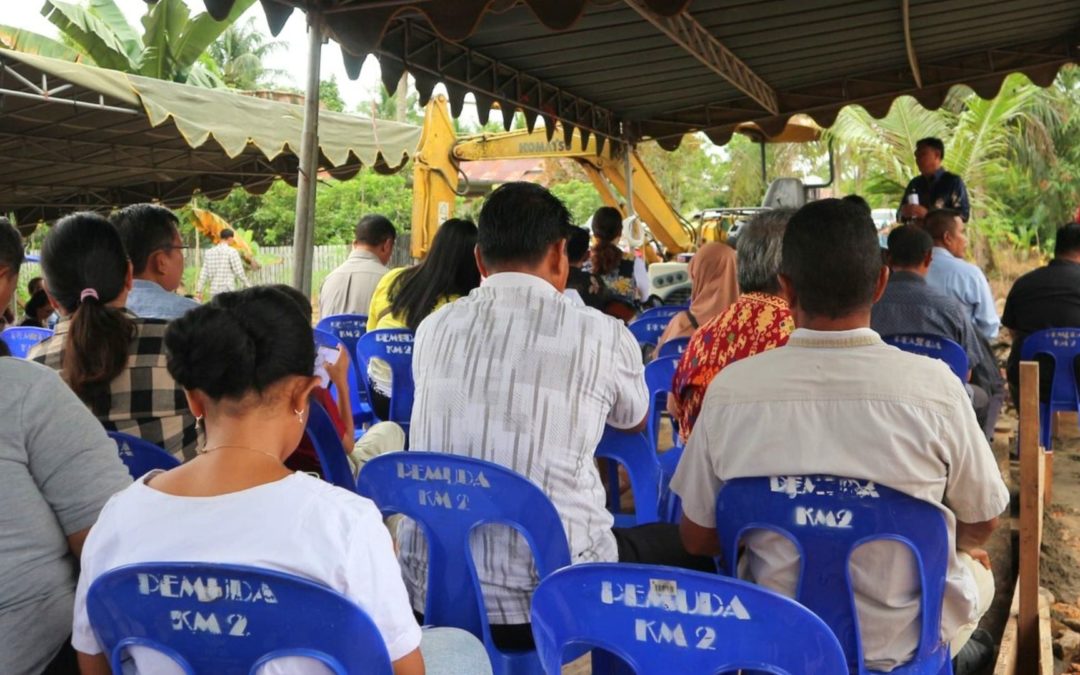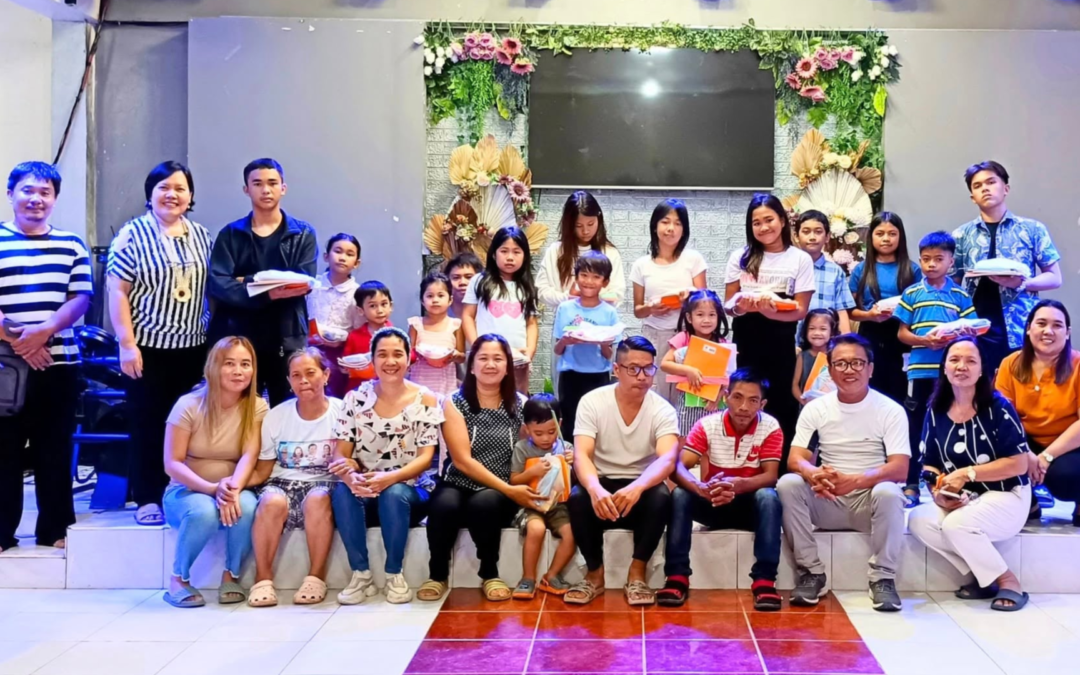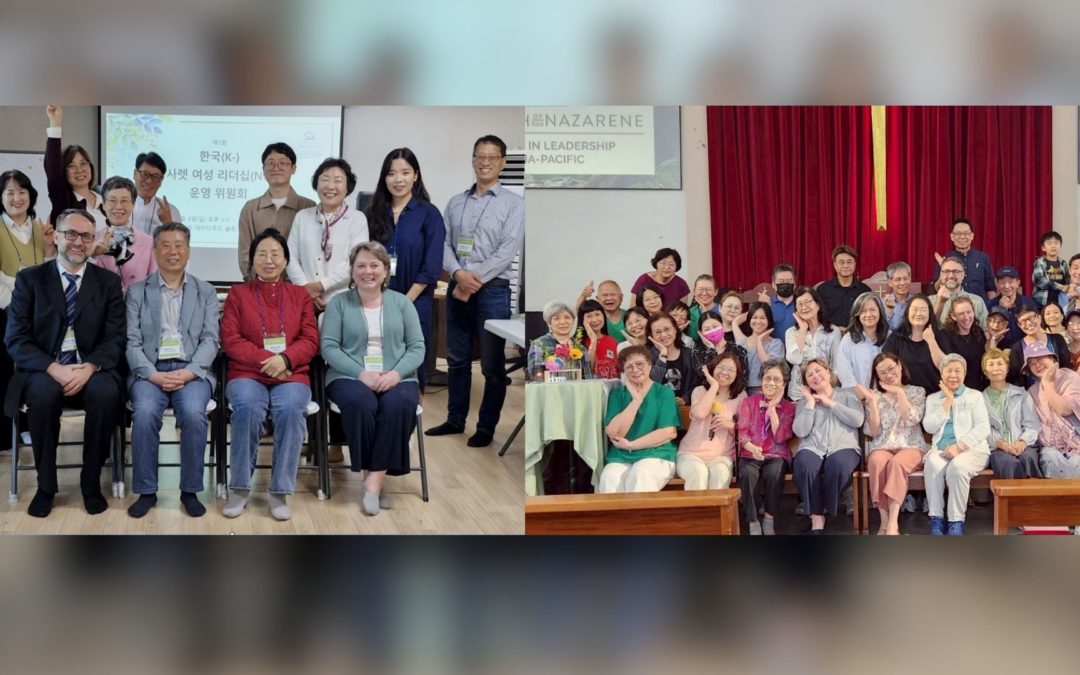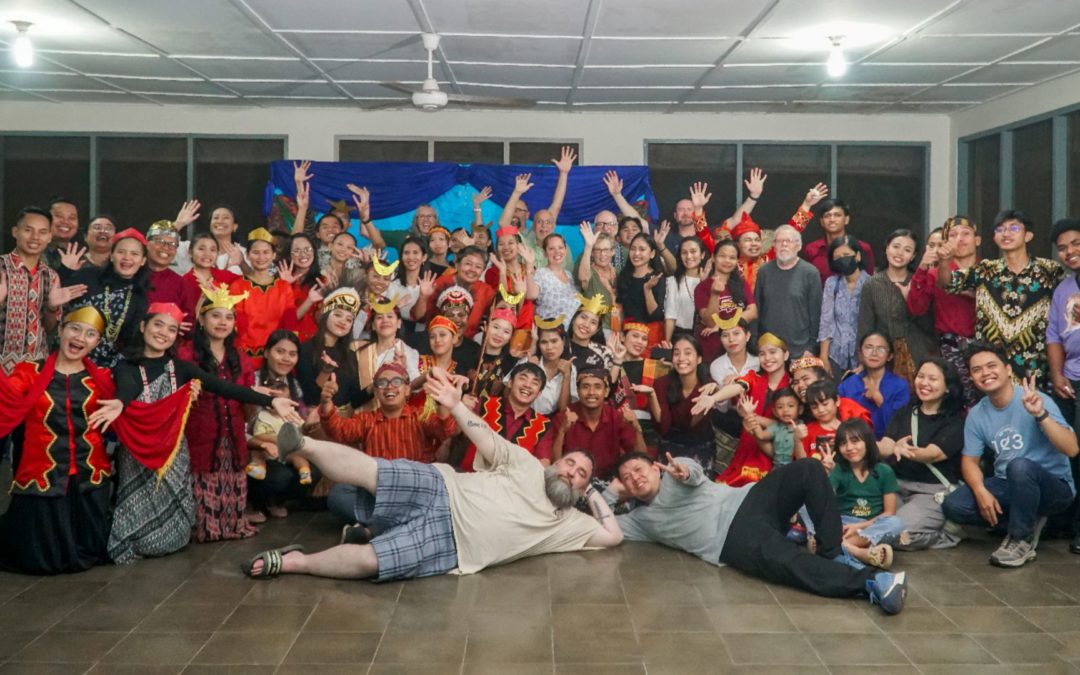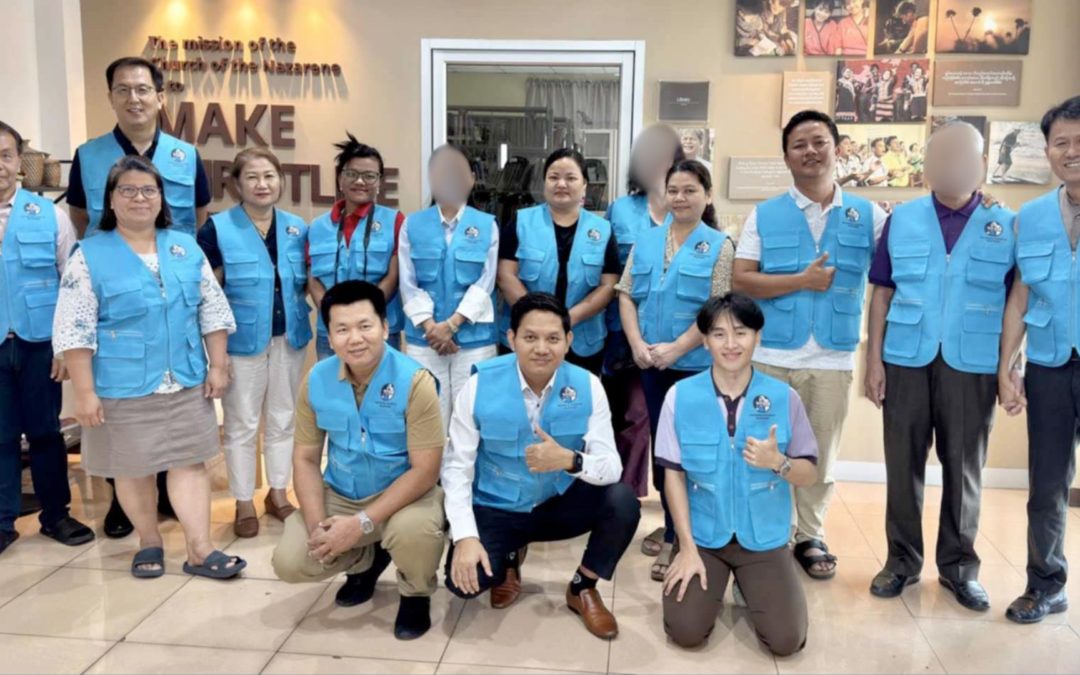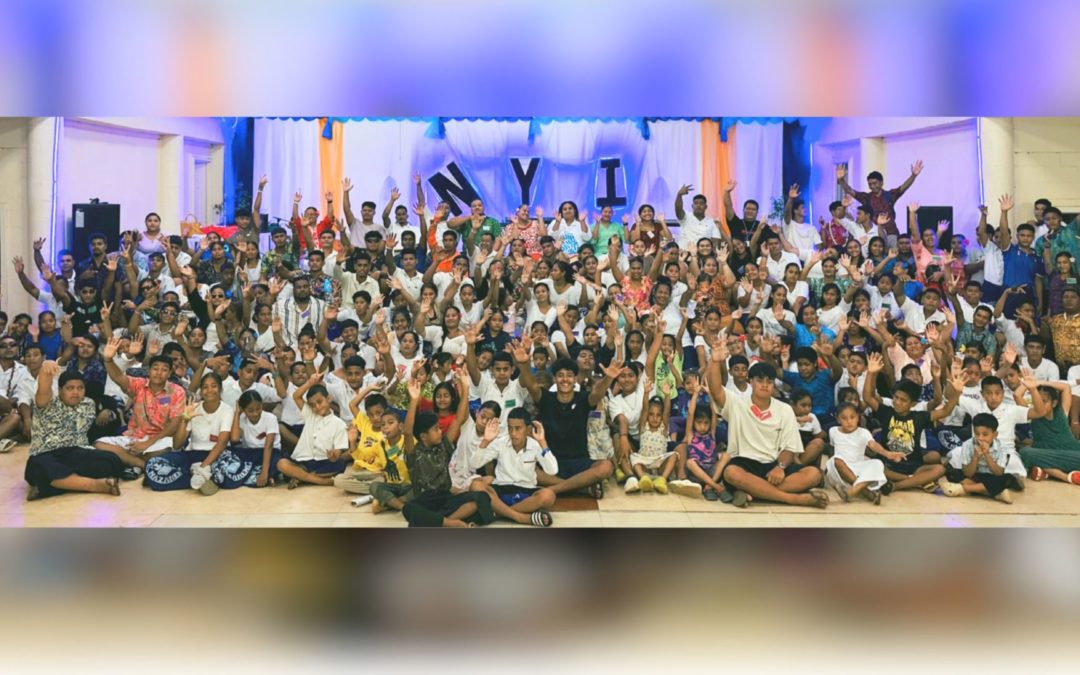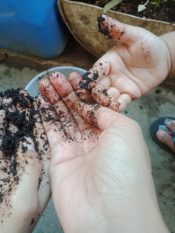 When quarantine began in March 16, 2020, it was a shock to every family. There were lots of fears, uncertainties, doubts and even mental complaints about the Covid-19 virus. There were lots of “what-if”, “how-to”, “hope-that”, or “when-will” kinds of thoughts and it took a lot of courage for us to face and accept the reality of what was going on in the world. For children in the Philippines, the quarantine continues as no one under 20 years old is allowed to leave their homes unless it is an emergency. Enjoy this story from one family just outside of Manila as they create learning spaces for their children even in lock-down.
When quarantine began in March 16, 2020, it was a shock to every family. There were lots of fears, uncertainties, doubts and even mental complaints about the Covid-19 virus. There were lots of “what-if”, “how-to”, “hope-that”, or “when-will” kinds of thoughts and it took a lot of courage for us to face and accept the reality of what was going on in the world. For children in the Philippines, the quarantine continues as no one under 20 years old is allowed to leave their homes unless it is an emergency. Enjoy this story from one family just outside of Manila as they create learning spaces for their children even in lock-down.
We have a vegetable garden just outside our rented room. My husband, Pastor Pedrito (of Dalisay Church of the Nazarene), made us this special garden. Our goal was to satisfy our sons’ curiosity, and to give them a chance to hold, feel, and rub the soil in their hands. We live in the city and we wanted to teach them how to value life, to let them see how plants grow, flower, harvest, and die. We wanted to show our children how worms, butterflies, snails, jumping spiders, praying mantises, and leeches interact with the plants. We wanted to show them how the torrential rains can destroy the leaves and erode the soil, and that the heat of the sun is also a factor and causes the soil to dry up and the roots of the plants to sip the water. We love showing them farm life, like we experienced where we grew up as kids in the country side.
Petros Moriah, our eldest son, is nine years old and his eyes and hands are always on the go to find new things in the garden. He is always the first one to find a budding flower. When I am in the kitchen preparing meals, he stands beside me to either lecture me about what he has read or to ask me how and why a certain veggie is the way it is. Once he asked me how vegetables grow. I told him that it all starts with a seed. And now, every time I prepare vegetables with seeds, he gathers them and dries them: calamansi [a Filipino citrus fruit], bell pepper, lemons, tomatoes, and ampalaya [bitter gourd]. After two days, he finds space in our pots and plants them in the soil.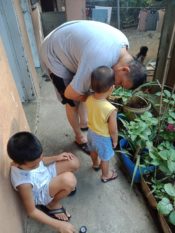
There are lots of lessons that we are teaching the children through our time in the garden. When they discover something new it stirs up excitement in their hearts. For instance, we showed them how the ampalaya vine climbs up the rope. I used this visual to share with them that this how we should hold on to God, hold on to His promises, and hold on to each other so we won’t fall, but thrive and live in God’s way. The children received another lesson when we buried some rotten chiles in a pot, covering them with lots of soil to make them into organic fertilizer. A few days later, they sprouted and we were amazed to see them grow. I said, “We may be rotten and useless outside, but if we have God’s life inside, even though we are buried in the mud, we will grow in kairos (God’s time, although it is the name of our second son, Ped Kairos).
Once five worms showed up and started devouring leaves. Petros saw this and he was jumping up and down in fear because they might eat all the leaves and the plant would die. I had to remind him about what he had learned from science, there is a cycle of life and a food chain in nature. One of the things I admire about Petros is how he loves to read. He loves informative and historical books and books with lots of pictures in them. Science is his favorite subject. On YouTube, he searches for the smallest, biggest or weirdest animal or plant on earth. That’s where his love for our garden is being fueled, in his mind.
Uncertainties are still in front of us. But this pandemic has taught us as a family to care, to observe, and to do something valuable. We do it together with scrutinizing eyes and hearts open to learning. We as parents, have only one prayer for our sons, that they would grow up following Jesus and as a blessing to many. May our vegetable garden be an avenue for them to view the world through God’s eyes!

